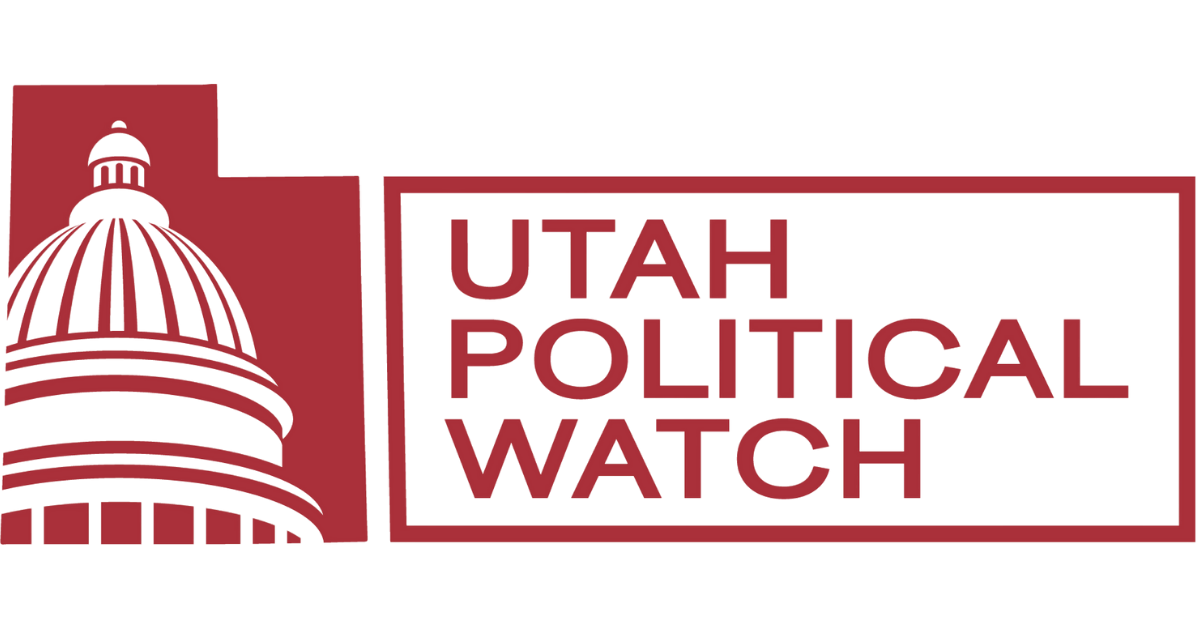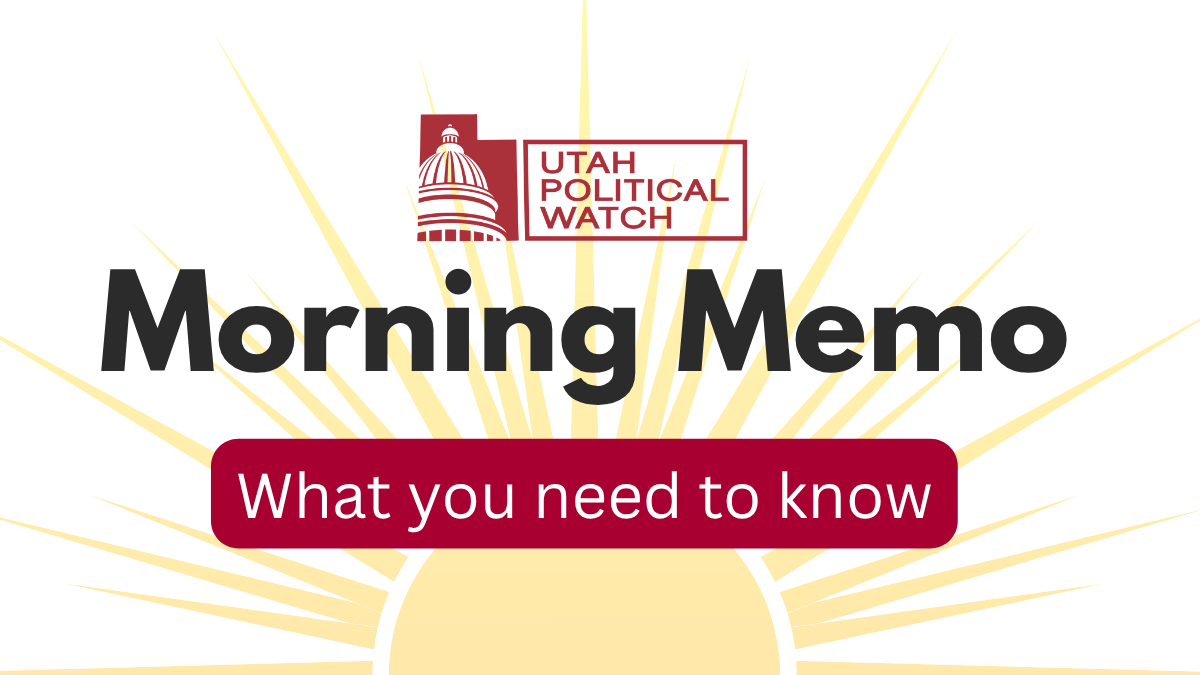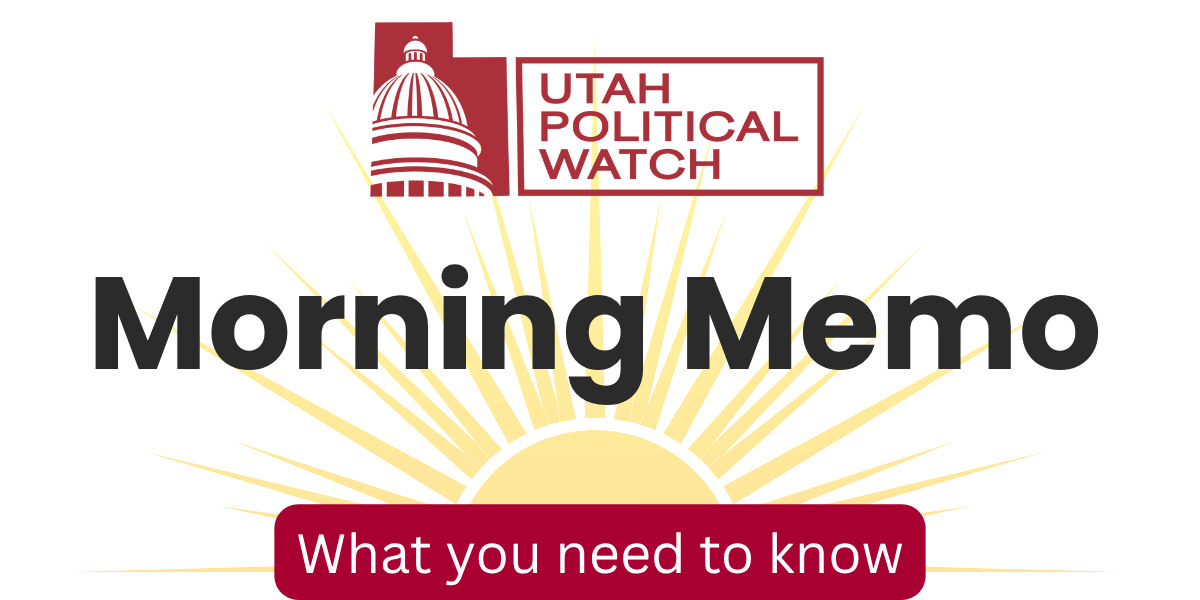The Utah GOP abandoned their plan to repeal the state’s anti-gerrymandering law because Lt. Gov. Deidre Henderson warned them earlier this week that she would reject the measure on constitutional grounds. That forced Republicans to abandon their indirect initiative strategy and scramble for a backup.
Independent Journalism Can't Be Bought or Silenced
No corporate ownership. No billionaire backers. Just accountability reporting that makes powerful people uncomfortable.
Start with our free newsletter or go all-in with a paid subscription and get full access and the knowledge you're funding fearless journalism.
The party now pivots to a direct repeal campaign, attempting to convince voters in 2026 to overturn Prop. 4—the same anti-gerrymandering measure those voters approved in 2018. The party announced the revamped strategy Friday night.
Sources tell Utah Political Watch that Henderson’s office informed staffers for Utah’s all-Republican U.S. House delegation earlier this week that should sponsors successfully collect enough signatures, she would be forced to reject the indirect initiative—using an indirect initiative to repeal a voter-approved direct ballot initiative would likely violate Utah’s Constitution.
In a Friday evening press release, the Utah GOP admitted that was the reason behind the change.
“Recent legal filings by those opposed to our defense of representative government made it clear that the Lt. Governor’s Office would likely be forced to deny the indirect initiative application,” the press release read.
Now Sen. Mike Lee joins the effort alongside Attorney General Derek Brown and Utah GOP Chairman Rob Axson. They need over 140,000 signatures statewide by Feb. 15, plus signature thresholds in 26 of 29 state Senate districts—a significant lift for a measure asking voters to reject their own previous judgment.
Meanwhile, the judge in Utah’s gerrymandering lawsuit is set to choose a new congressional map for the 2026 election after the previous map was thrown out. She has until Nov. 10 to pick from the map passed by lawmakers in a special session earlier in October or two maps from the plaintiffs.
That process could be upended by the party’s referendum drive to block implementation of the legislature’s map. If referendum backers can gather about 140,000 signatures statewide and meet signature targets in 15 of 29 Senate districts by Nov. 15, that map will be put on hold until voters can weigh in during the 2026 election.






